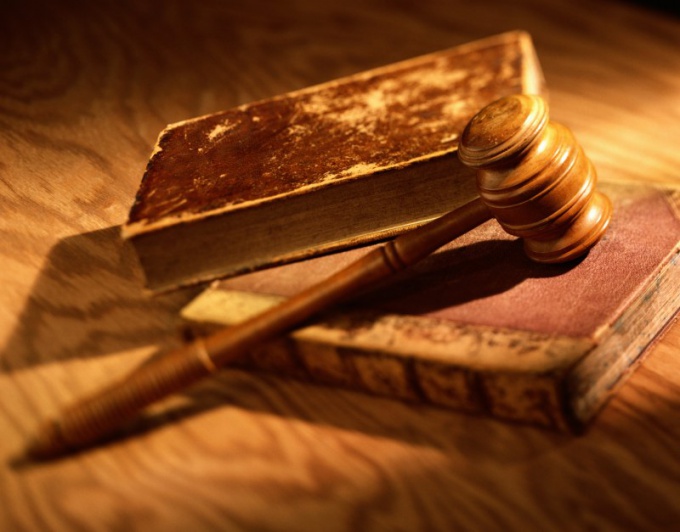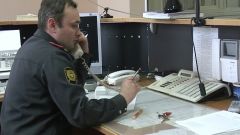Instruction
1
Read the rules of the "code of Criminal procedure" regulating the giving of testimony. If you are the accused (the defendant), then you are in a winning position. You have the right not to testify. Do not forget that if you want to testify, then you must say so. In accordance with the criminal procedure code, after refusal of giving testimony of the defendant (the accused) should not be called for questioning, yet he does not declare his desire to testify.
2
If you are a witness, then the case is more complicated. Remember, you may be exempt from giving testimonyif you are a close relative of the accused (suspect), as well as other loved ones face. The CPC given a sample list of such statuses, so you can easily find (or not find) among them. If subject is specified in the code of criminal procedure, has the right to refuse giving testimony.
3
You can also refuse giving testimony, if you are a lawyer. Remember that you need to be a lawyer (defender) in this case. If you are just a lawyer, and pass on the case only as a witness, to refuse giving testimony, you have no right. You also have the right to refuse giving testimony, being a priest. There is one small caveat: the priest must be officially registered religious organizations. Because of this, you can't refer to the fact that you are a follower of any sect or movement like Scientology. Your organization must be registered as a religious. Otherwise, you will be required to testify in a General manner.
4
If you do not fall into any of these categories, the right to refuse giving testimony, you have not. In this case you will have to bear criminal responsibility for refusal from giving testimony. You can enjoy only what cases to prosecute under this article is negligible.
Note
If you witness and do not fall under the category of persons exempted from testifying for failure you can prosecute.
Useful advice
Don't shout about their rights in court.













